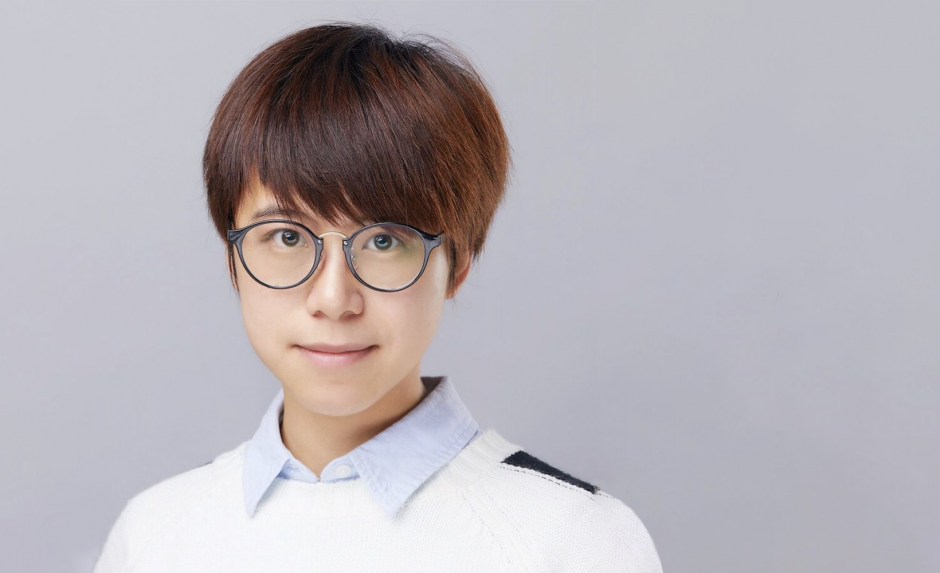
AI algorithms are used more and more often to improve and automate many parts of healthcare, making decisions about patients’ care. However, the data these algorithms use to operate can come with biases- which means they can make mistakes. Studies have shown that AI systems like neural networks will routinely under-diagnose Hispanic and Black patients.[1]
“Bias can be introduced during data collection, and is fatal in healthcare,” says Xiaoxiao Li, ECE assistant professor. Xiaoxiao is working on a new interdisciplinary project that she hopes will help to solve issues of bias in these systems. Neural networks can be under-trained on data from these groups, making the AI’s results inaccurate. And if doctors trust the erroneous decision the neural network made, their patient could receive subpar healthcare.
Xiaoxiao is one of five researchers working to help solve this problem. Through a collaboration between researchers at the School of Nursing, Computer Science, and ECE, a new interdisciplinary project will focus on improving how these healthcare AI systems deal with patients from underrepresented groups, by improving the data these systems draw and learn from.
Called “Pre-Processing Community Nursing and Allied Health Data for Equity-Informed Artificial Intelligence for Interdisciplinary Wound Care,” this healthcare technology project was recently awarded $25,000 in funding through the Health Innovation Funding Investment (HIFI) Awards, a grant that focuses on cross-faculty health-related work.
We spoke to Xiaoxiao to learn more about how this project will impact equity in healthcare.
What is the focus of this research project?
This project is about creating a pipeline to preprocess community nursing and allied health data for equity-informed artificial intelligence (AI), to improve interdisciplinary wound care.
What does the process of developing this research look like?
Dr. Leanne Currie, from the School of Nursing, came to my faculty talk about trustworthy AI for healthcare- that’s where we first connected. Dr. Currie’s previous student, Dr. Charlene Ronquillo, an assistant professor at UBCO’s school of nursing, is leading this project.
We noticed that equity is an ongoing challenge in developing AI tools for nursing data analysis, despite the fact that there is a pressing need to use AI to leverage large amounts of nursing data.
Dr. Ivan Beschastnikh (my external career mentor), a software engineering and systems expert at the department of computer science, and Lorraine Block, a clinical partner and Vancouver Coastal Health Authority (also a PhD candidate with Dr. Leanne Currie), were later brought on board for this project.
Why is it important that this project is interdisciplinary?
This project brings together early career researchers (Dr. Ronquillo and me), mentors (Dr. Currie and Dr. Beschastnikh), and a clinical partner (Block).
Using AI tools to solve clinical problems, as well as acquiring domain knowledge to aid in the development of trustworthy AI, necessitates the participation of experts on both the clinical and engineering sides. These interdisciplinary perspectives and expertise are necessary; they ensure that the science underpinning this work is novel and rigorous, as well as being grounded in the realities of clinical practice and health systems. Hopefully, this will optimize the potential for truly clinically meaningful and impactful work.
What impact will this project have in health care?
Fairness is a hot topic in AI right now. We’ve seen that AI algorithms can perform erroneously with under-represented groups. This type of bias can be introduced during data collection, and is fatal in healthcare.
Our pilot study will focus on evaluating the representation of diverse populations in datasets. We plan to develop machine learning-based approaches for assessing the fairness or bias of data pre-processing and infrastructure. Finally, we will create AI methods that can be applied to this data to create equity-informed AI applications to aid in wound diagnosis and treatment.
Large amounts of nursing and allied health data are underused in health systems. An aim of this study is to better understand how we can make the best use of this data, which is typically quite “messy”.
We hope this project will contribute to a connected health data infrastructure in BC.
Read more about the projects funded through the Health Innovation Funding Investment (HIFI) Awards.
[1] Chen, Richard J., et al. “Algorithm fairness in ai for medicine and healthcare.” arXiv preprint arXiv:2110.00603 (2021)
